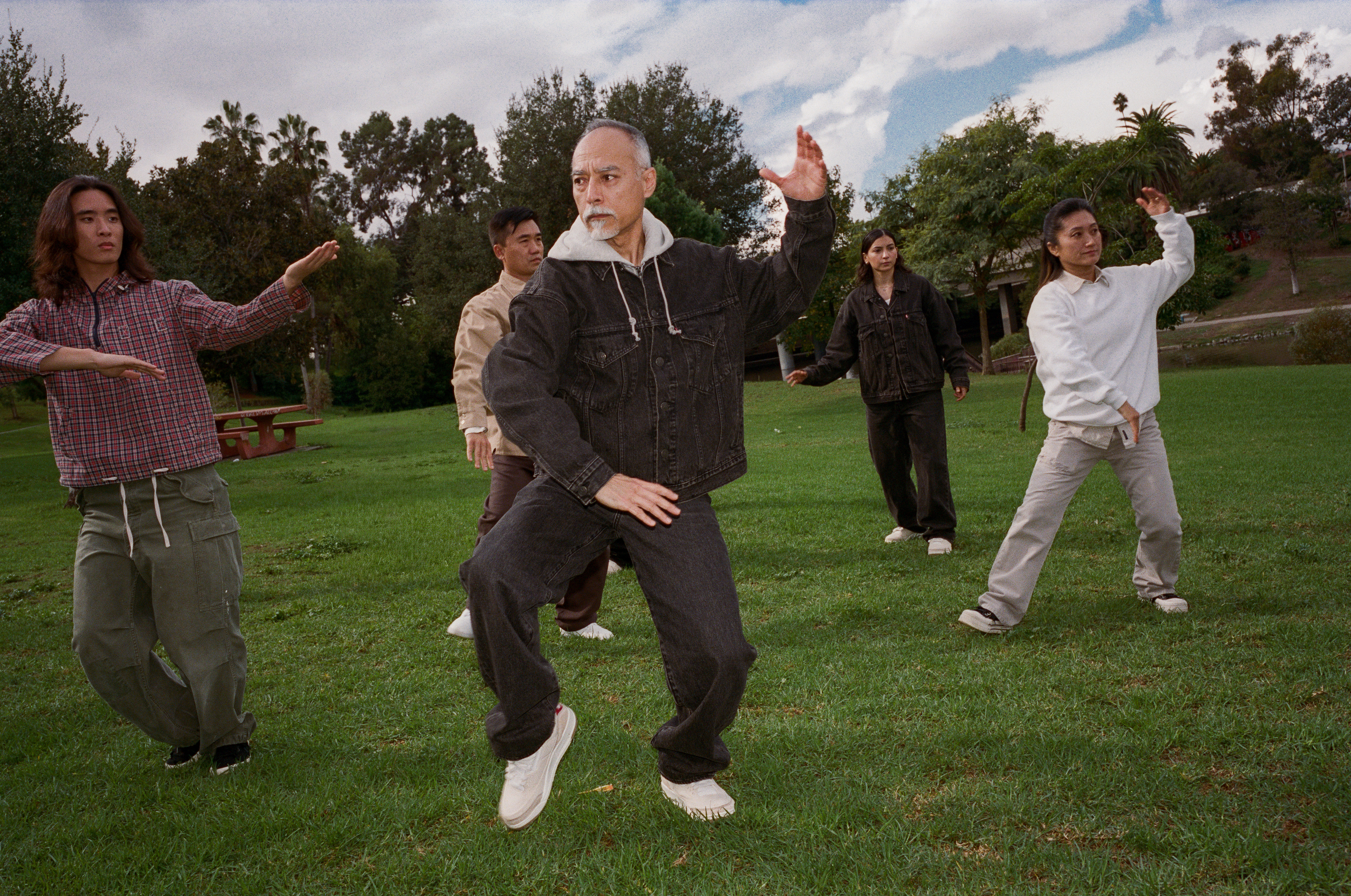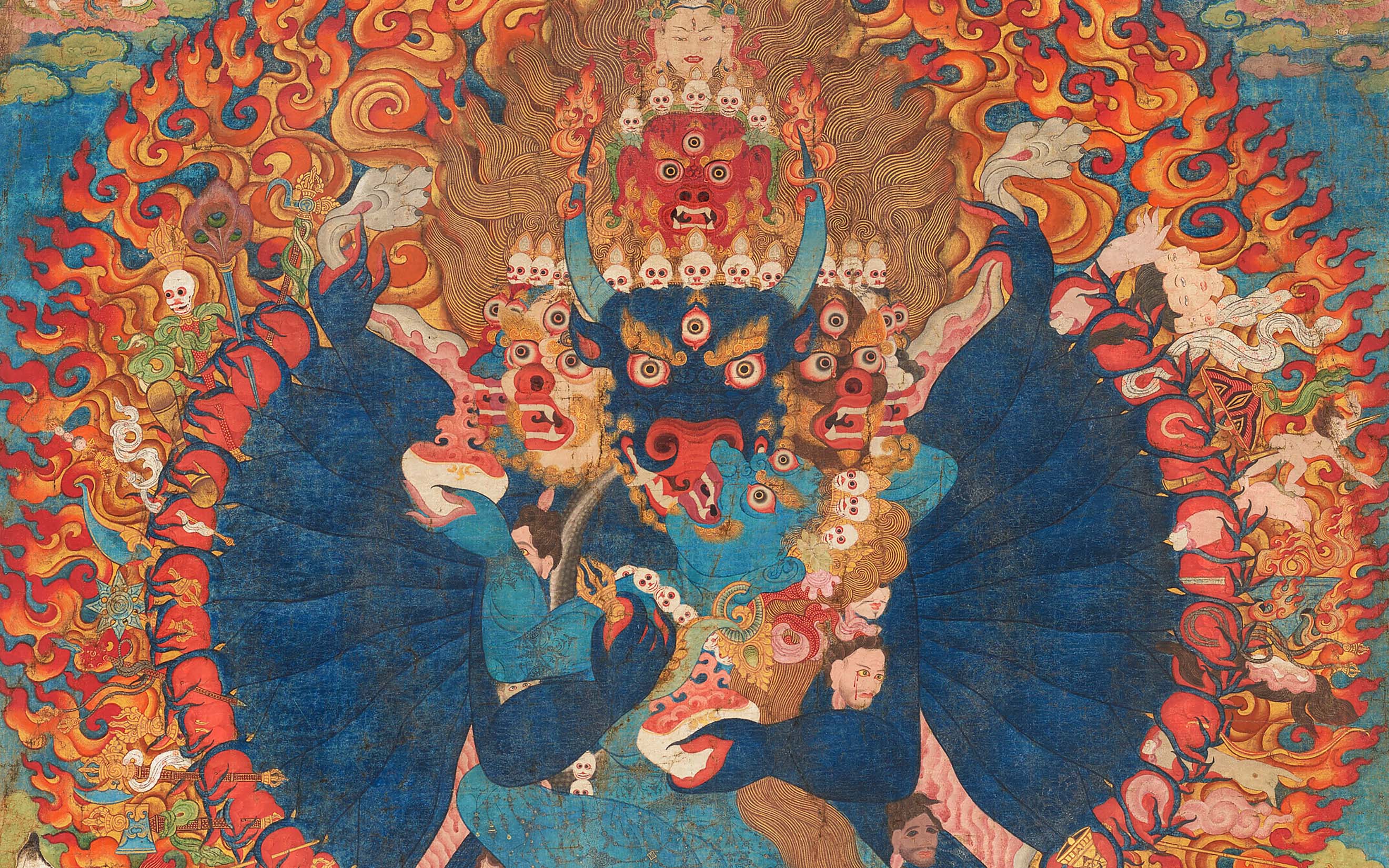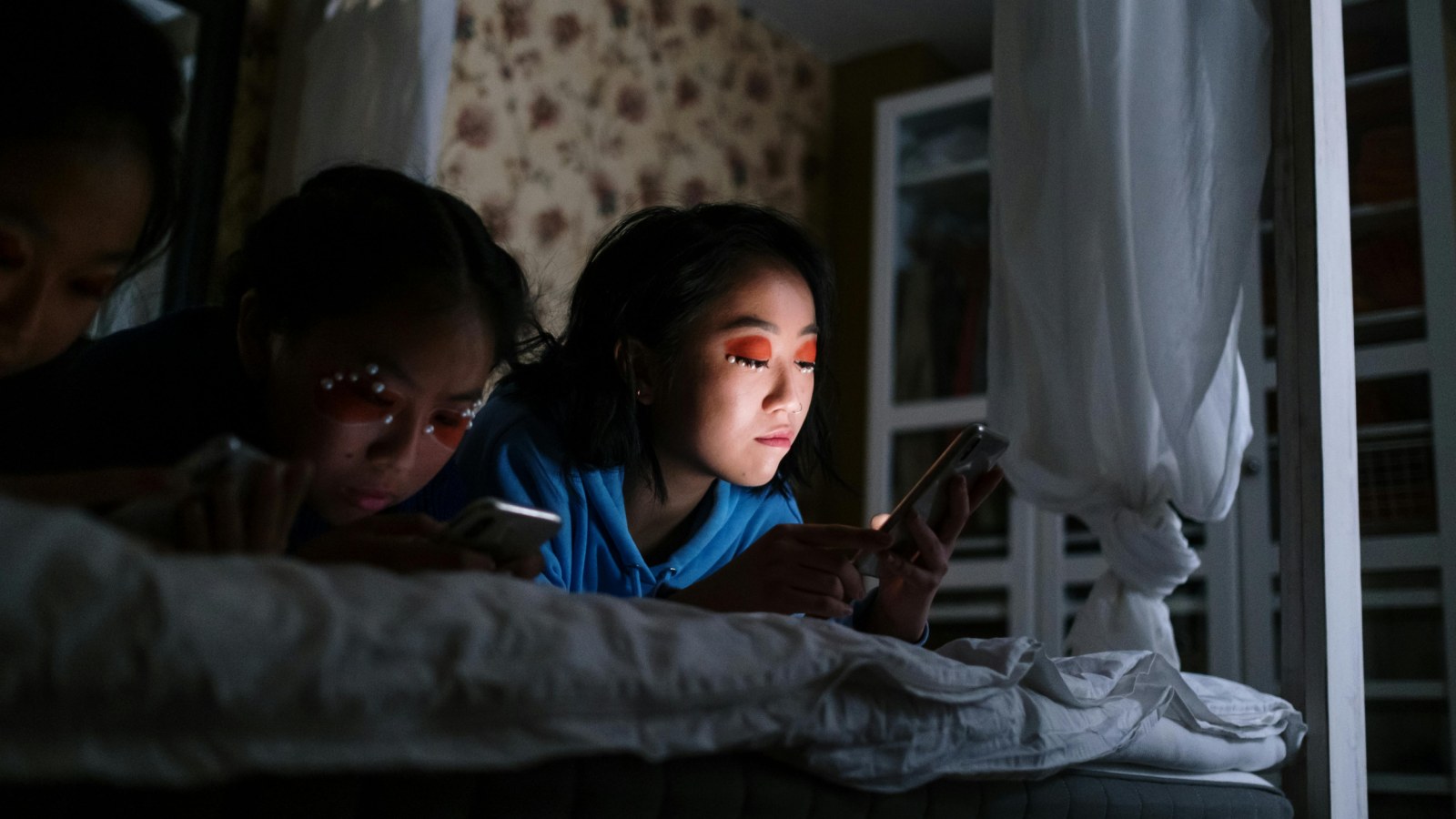This week’s photo theme is: Director’s Seat. Last month, well-known (male) Chinese film director Ding Taisheng made a controversial statement on Sina Weibo to the effect that “women can be great producers, but rarely directors.” (That’s a paraphrase from memory — his Weibo account, which had over 140,000 followers, has since been deleted.) In response, this week we’ll take a look behind the camera at the work of a few exemplary female filmmakers in China, past and present.
The standout film for us last year in China was Angels Wear White, Beijinger Vivian Qu’s second film as a director. Qu debuted in 2013 with Trap Street, “the story of a young digital map-making surveyor, working for a digital mapping company, who in his spare time helps install CCTV cameras.” Her sophomore effort, which tells the story of child sexual abuse in a small town in southern China, struck a nerve, as a real-life scandal broke out in Beijing days before its scheduled release.
Writing for Radii after the release of Angels Wear White — which won Qu the title of Best Director at last year’s Golden Horse Awards in Taiwan — documentary filmmaker Han Xia reflected:
The important point about Angels Wear White is not what kind of film it is, but how many people are willing to produce and watch this type of film. When the event only exists as words, it can be misinterpreted in numerous, demonizing ways. But when it’s presented as images, we can at least spend two hours thinking about what exactly is happening in the world around us. It will be forgotten, but never erased.
Read more:
 “These people glide by us every day”: Filmmaker Han Xia on the Impact of Angels Wear WhiteArticle Nov 30, 2017
“These people glide by us every day”: Filmmaker Han Xia on the Impact of Angels Wear WhiteArticle Nov 30, 2017


















